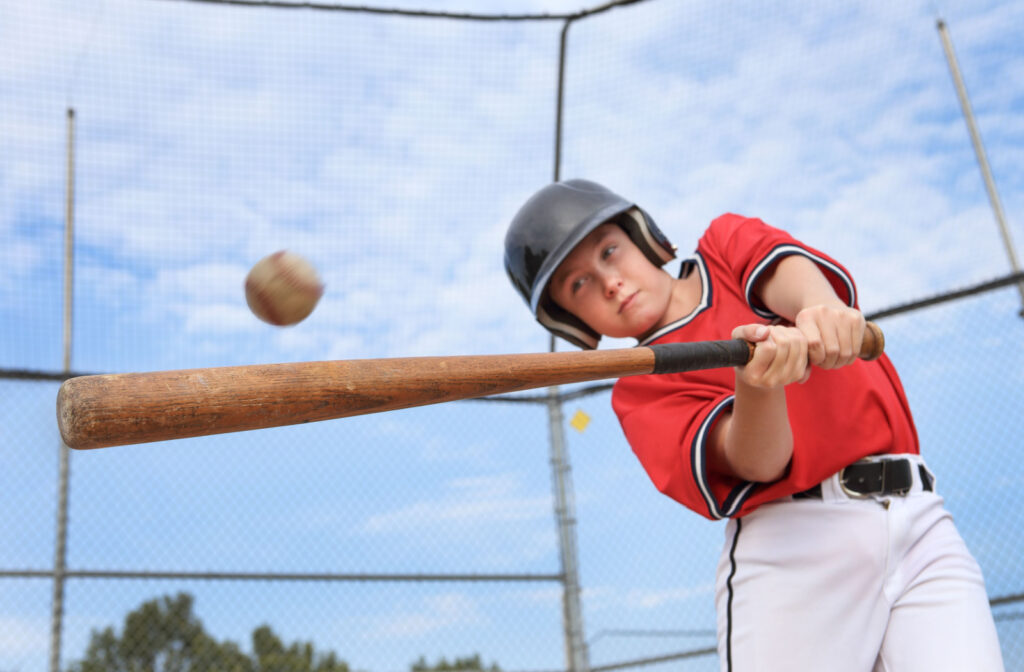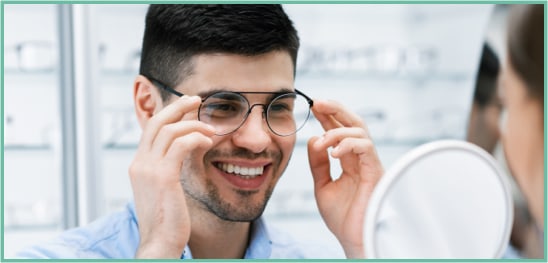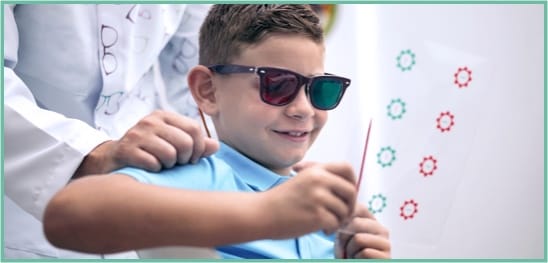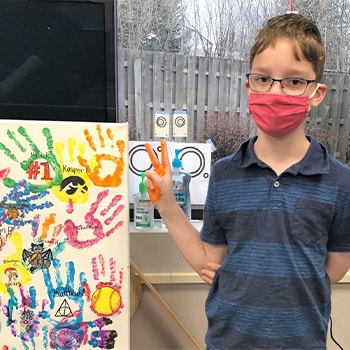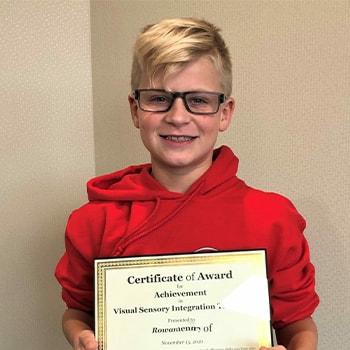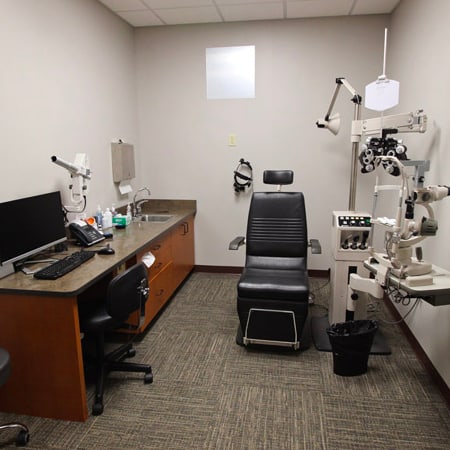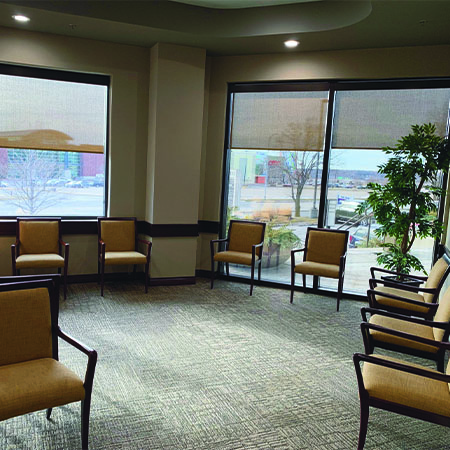Imagine a basketball player who can pinpoint a hoop from half-court without hesitation. Or a race car driver who fends off competitors with milliseconds to spare. What’s their secret weapon?
It might not be biceps or pure speed—it could be their eyes.
The road to athletic excellence is about more than physical prowess. Vision plays a critical, often underappreciated role in an athlete’s journey. An athlete’s vision is crucial for their performance, in everything from concentration and focus to hand-eye coordination and depth perception.
When a person’s vision doesn’t function at its best, their sports performance may suffer as a result. Professional interventions like vision therapy can help improve a person’s visual skills and elevate their athletic performance by maximizing the connection between the eyes and the brain.
Eyes on the Prize: Vision’s Crucial Role
Vision plays a crucial role in how we perceive the world, and in sports, an athlete’s interpretation of visual cues can make the difference between success and greatness. Visual skills are essential for athletes across sports, from basketball to fencing, and serve as a foundation for their performance.
Visual Acuity
Visual acuity is the sharpness of a person’s vision and is crucial for identifying fast-moving objects like a tennis ball or a hockey puck. Athletes with high visual acuity can make split-second decisions that their opponents might miss, giving them a vital edge.
Depth Perception
With depth perception, athletes can judge distances accurately, improving their ability to make effective plays. This skill makes a diver’s splashless entry and a baseball outfielder’s perfect catch possible.
Hand-Eye Coordination
Perfect synchronization between the eyes and the hands allows athletes to execute complex motor skills, whether performing a routine in gymnastics or serving a volleyball.
The Periphery
While an athlete’s focus is crucial, it’s often their peripheral vision that can alert them to opportunities and threats, like an oncoming challenger or an unexpected change in play. The ability to dial in and maintain the proper amount of peripheral vision is crucial.
The Action Begins with Vision
Speed and precision reign supreme in sports—a fraction of a second can mean the difference between glory and defeat. Visual skills can translate into game-changing moves for athletes of all disciplines.
Reaction Time: Blink & You’ll Miss It
Reaction speed is an asset in any sport, and it’s heavily reliant on visual information processed by the brain. Athletes with lightning-fast visual processing can react with split-second decisiveness, a feat often seen in boxing or tennis.
The Precision of a Marksman
From archery to football, accuracy is paramount. Athletes with sharp visual skills can precisely target and track objects and fellow players, allowing them to outmaneuver their peers by inches or milliseconds.
The Magic of Anticipation
Great athletes don’t react; they anticipate. This precognitive ability—called visual prediction—relies on a player’s ability to read the game and foresee opponents’ moves, often shaped by their acute visual awareness.
Navigating the Field
Whether it’s reading the ice in hockey or adjusting under the basket in basketball, spatial awareness is a skill honed through vision. It’s about understanding your place in the game and making informed decisions based on available sightlines.
Vision Training for Athletes
Just as athletes condition their bodies, they can condition their vision. Comprehensive visual training regimens exist to enhance these skills and help elevate their athlete’s performance to new heights.
Vision Therapy: Correcting & Enhancing
Sports vision therapy can be a game-changer for athletes looking to enhance their performance on the field. Whether you’re striving to keep up with the competition or aiming for that extra edge, sports vision therapy zeroes in on the visual skills crucial for athletic success.
This specialized therapy is designed to improve various aspects of visual performance, including concentration, focus, hand-eye coordination, depth perception, peripheral vision, reaction time, and visualization/visual memory.
Vision therapy can help unlock your full athletic potential, regardless of age or ability.
Advice for Aspiring Athletes
For the budding athlete (or the parent of one), the journey to excellence requires a holistic approach that includes the eyes.
- Regular eye exams are as essential as any other training regimen, as they help keep one of an athlete’s most vital instruments in good form.
- Coaches and parents can work together to incorporate visual training into an athlete’s overall development plan, whether they’re new to the game or competing at an elite level.
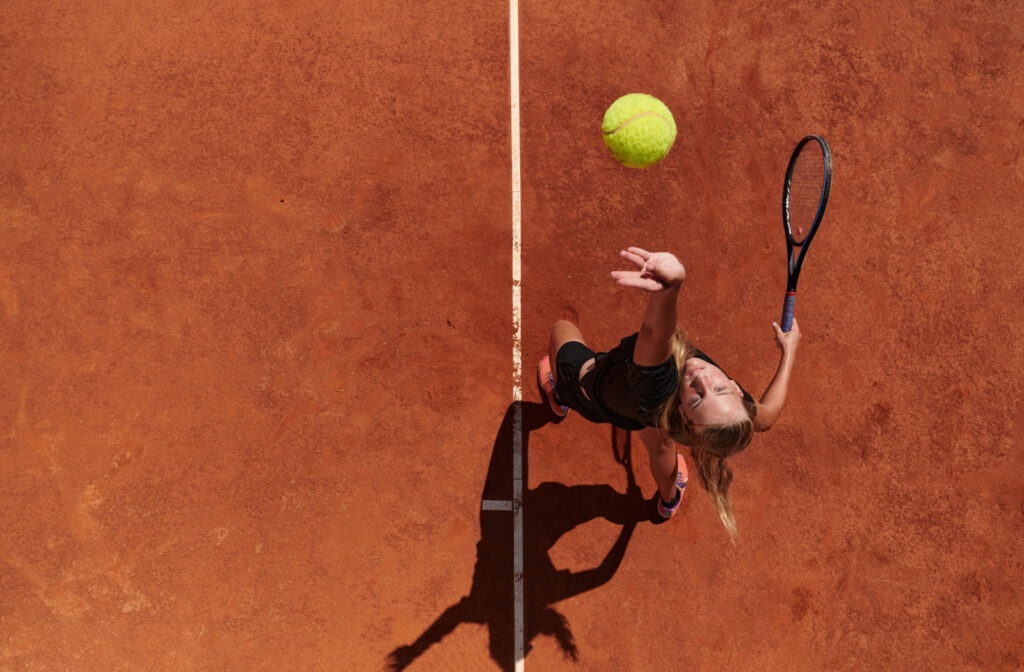
Keep Success in Sight
As the science of sports continues to investigate and integrate the role of vision in performance, one thing is clear: the athlete’s path to the podium is paved through training—from muscles to mind’s eye.
For those who dream of sporting greatness, fostering and fine-tuning visual skills could be the difference between good and great. Contact us at Heartland Eye Consultants to learn how your eyes affect your sports performance and how vision therapy can help improve it.


